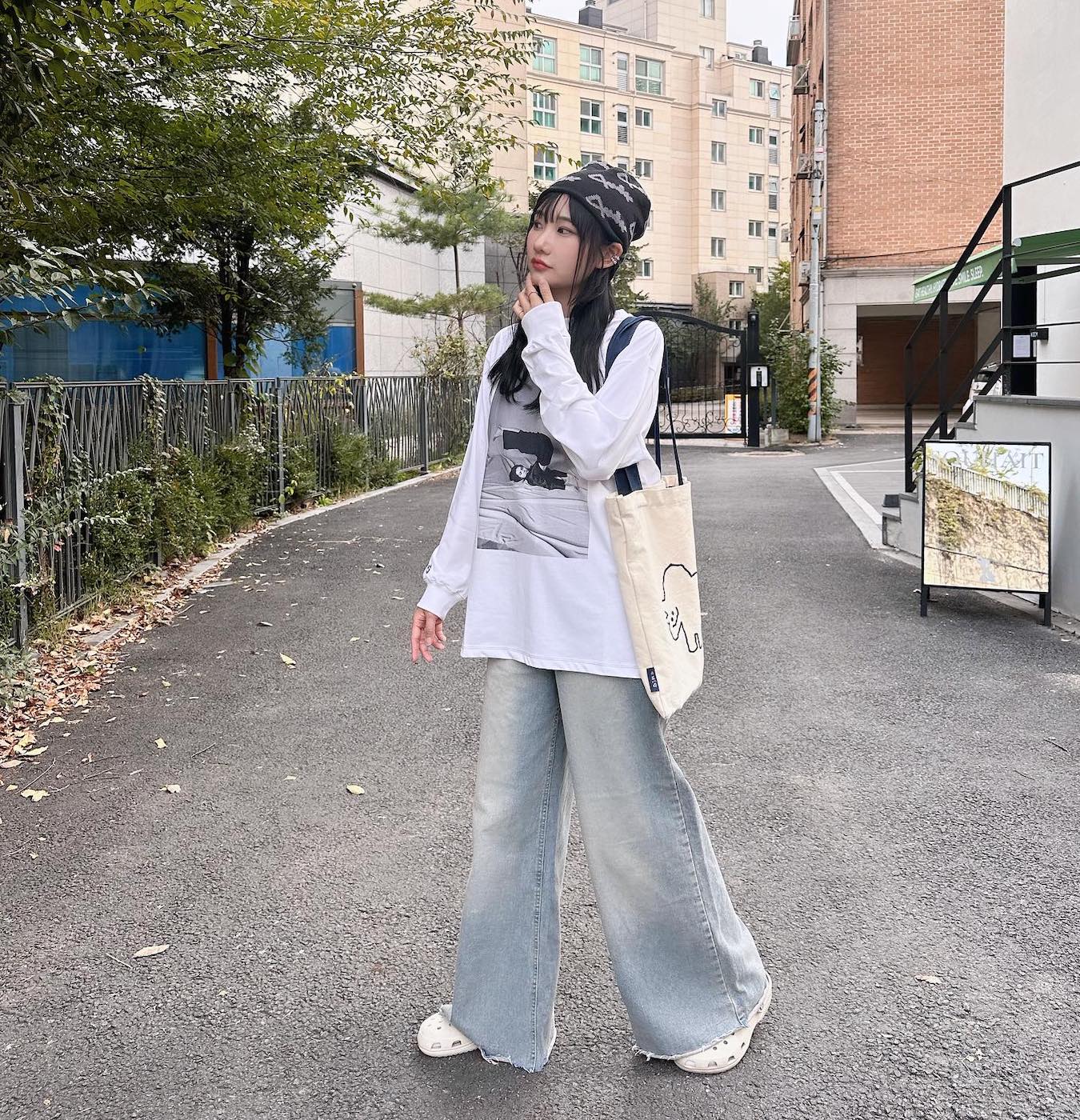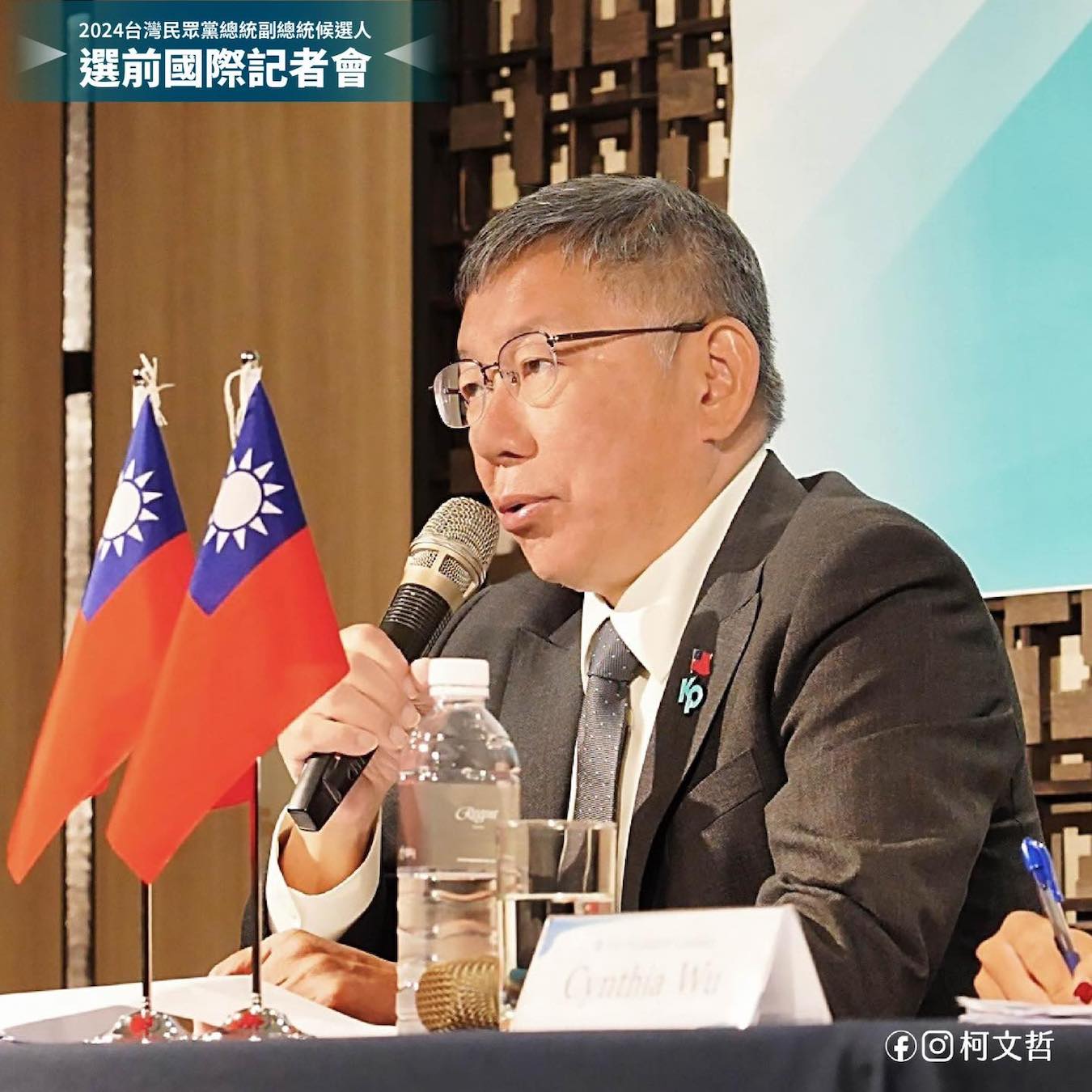by Brian Hioe
語言:
English
Photo Credit: Ko Wen-je/Facebook
THE CENTRAL ELECTION COMMISSION has moved to file charges against online influencers spreading disinformation about the recent presidential elections. This includes YouTuber Alisasa, who among 25 others is accused of spreading such disinformation.
Alisasa alleged that vote-rigging was responsible for the loss of her preferred presidential candidate, Taipei mayor Ko Wen-je. For his part, Ko has maintained an ambiguous attitude on whether he believes there was election fraud or not. While more recent comments emphasized that vote rigging on a mass scale was unlikely in a mature democracy such as Taiwan, in the immediate nights after the election, Ko played up the claim that there were flaws in the electoral process.
Ko may not want to take such claims as far as suggesting that the election was rigged. If so, this probably occurs as part of efforts by Ko to moderate his image, to come off as less hardline than the KMT even while still broadly part of the pan-Blue camp.
 Alisasa. Photo credit: Alisasa/Facebook
Alisasa. Photo credit: Alisasa/Facebook
After all, it has become increasingly common for the pan-Blue camp to claim that the Tsai administration and DPP rig votes. Former president Ma Ying-jeou claims that under Tsai, Taiwan “abandoned democracy” to become an “illiberal democracy”. KMT rhetoric under presidential candidate Hou You-yi included accusing Tsai of being a “dictator.”
This is similar with regards to KMT claims about a “Green Terror,” which it alleges to be worse than the White Terror that took place when the KMT was the sole ruling party of Taiwan–never mind that the Tsai administration is not exactly murdering people by the tens of thousands. During the past election cycle, the KMT claimed that the DPP’s Transitional Justice Commission to declassify government documents from the authoritarian period, efforts to regulate the media and prevent Chinese disinformation efforts from taking root through the National Communications Commission, and to target the assets retained by the KMT from property seizures during the authoritarian period were all part of this “Green Terror.”
Still, Ko does benefit from claims about election interference from the DPP, in that this rallies up his base. As such, Ko has likely sought to be strategically ambiguous on the matter.
It is relatively rare for political candidates to dispute the election results or to call for a recount. This has occurred in the past, such as with the very close 2018 Taipei mayoral race which resulted in a narrow win for Ko. Ko’s KMT opponent, Ting Shou-chung, then demanded a recount.
Yet the results were ultimately still accepted after a recall. Hou You-yi, the KMT candidate, also accepted the results of the 2024 presidential. It may have helped that the dynamics of the race were clear early on, with Lai maintaining a clear lead from the start of the vote counting. Given rising polarization in Taiwanese politics, it is not impossible that had the final results been closer, or if Lai only overtook the other candidates late in vote counting, the results would have been disputed.
 Ko Wen-je of the TPP. Photo credit: Ko Wen-je/Facebook
Ko Wen-je of the TPP. Photo credit: Ko Wen-je/Facebook
Indeed, it is not unthinkable that Chinese disinformation efforts could focus on this point in the future. Chinese disinformation has sometimes sought to sow doubt about not only the integrity of Taiwanese elections, but to suggest that Taiwanese democracy is messy, ineffective, and chaotic either way.
Certainly, Chinese disinformation efforts were not sufficient to affect the outcome of the election in the DPP’s favor. At the same time, more than 3 million users came across Chinese disinformation, according to the Taiwan AI Labs. Even when such information operations do not only consist of disinformation, oftentimes this includes efforts to influence the primary political narratives of the election cycle. One notes that Alisasa, for example, is highly active on TikTok. By contrast, the DPP does not use TikTok, with the view that this would give legitimacy to the Chinese platform.
And part of the issue goes back to the lack of regulation disinformation that comes from influencers. Alisasa herself has been known to spread disinformation, inclusive of questionable weight loss cures. Yet this does not prevent her from having a large platform in the present.

